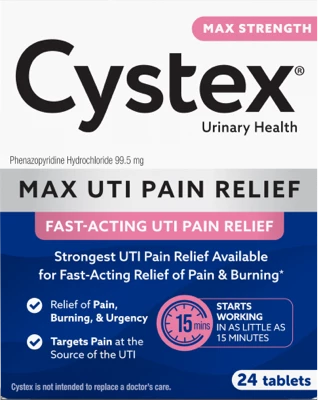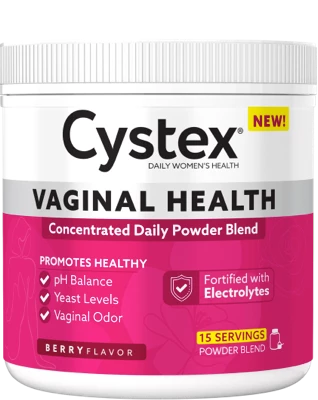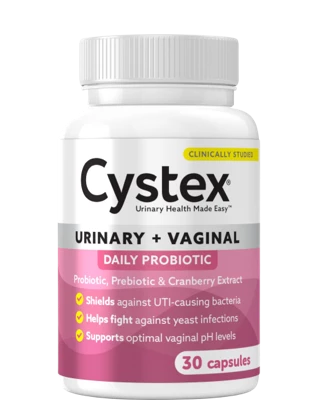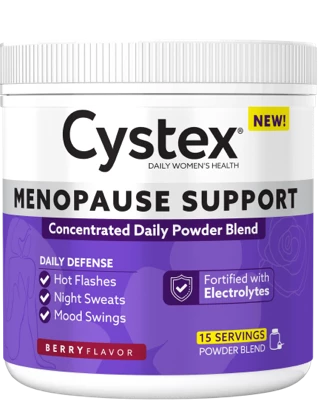UTI prevention
tips

Doctor recommended tips to reduce your risk of developing a urinary tract infection.
1
Stay hydrated
Drinking water helps dilute your urine and ensures that you’ll urinate more frequently allowing bacteria to be flushed from your urinary tract before an infection can begin.
2
Change your birth control method
Diaphragms or unlubricated or spermicide-treated condoms can all contribute to bacterial growth.
3
Urinate when you need to
It is always a good idea to urinate as soon as you feel the need. While “holding it in” does not directly cause an infection, it can cause over distension that can damage the lining of the bladder, making it more vulnerable to bacteria.
4
Wipe from front to back
Doing so after urinating and after a bowel movement helps prevent bacteria in the anal region from spreading to the vagina and urethra.
5
Pay attention to your pee
Your urine can change color for a variety of reasons, including from the medications you take, so pay close attention to it to monitor your overall health. One key thing to note is that if your urine is typically a darker yellow, your body is dehydrated, so you need to step up your water intake. To see the description of some other problematic urine color changes and the causes, click here to know your urine.
6
Urinate before sex and promptly after
Also, drink a full glass of water to help flush bacteria. This can help minimize bacteria buildup and reduce your risk of getting a UTI.
7
Don’t use douches or feminine hygiene sprays or powders
As a general rule, do not use any product containing perfumes in the genital area.
8
Choose breathable garments
Wear underpants with a cotton crotch. Don’t wear tight-fitting pants, which can trap in moisture.
9
Shower instead of a bath
Take showers and avoid prolonged baths. Bath water may fairly quickly become contaminated by the bather’s own skin florae. Sitting in a tub allows bacteria to reach the bladder opening area.
10
Use tampons for your period
Tampons are advised during the menstrual period rather than sanitary napkins or pads because they keep the bladder opening area drier than a sanitary pad, thereby limiting bacterial overgrowth.
11
Consider supplementation
With specific probiotic strains (lactobacillus), vitamins, and/or the helpful compounds found in cranberry products (proanthocyanidins or PACs). PACs are the parts of cranberry that have anti adhesion properties to stop certain bacteria which cause urinary tract infections from attaching to the urinary tract. Vitamin A contributes to normal immune function and supports healthy mucous membranes including in those lining the urinary tract. Lactobacillus probiotics, specifically Lactobacillus acidophilus PXN 35 and Lactobacillus plantarum PXN 47, are known to be active against common UTI pathogens E. coli and E. faecalis.
Sources: http://www.mayoclinic.org/diseases-conditions/urinary-tract-infection/basics/prevention/con-20037892,
http://womenshealth.gov/publications/our-publications/fact-sheet/urinary-tract-infection.html#b,
http://www.everydayhealth.com/urinary-tract-infections/the-link-between-utis-and-sex.aspx,
https://www.nlm.nih.gov/medlineplus/ency/patientinstructions/000391.htm,
http://emedicine.medscape.com/article/1958794-overview










